Moniek Buijzen
Digital media technologies offer unprecedented opportunities to improve youth’s well-being, including message personalization, responsive data feedback, and social network intervention. However, there are also risks involved, such as undesired health effects and breaches of privacy and autonomy. Moniek Buijzen’s research investigates how we can harness the potential of digital media technology to improve young people’s well-being, while minimizing potential risks. She strives for a continuous interaction between scientific research and innovative technological applications.
Moniek Buijzen is Professor of Communication and Change at the Erasmus University Rotterdam, the Netherlands. Her research is funded by grants from the European Research Council (ERC) and the Dutch Science Foundation (NWO). Integrated with her research and teaching activities, Moniek focuses on academic engagement with society. With academic partner Esther Rozendaal she leads the Movez Network and Bitescience.com. Visit Moniek's profile page for more info.

Can watching vlogs created by peers make youth more physically active?
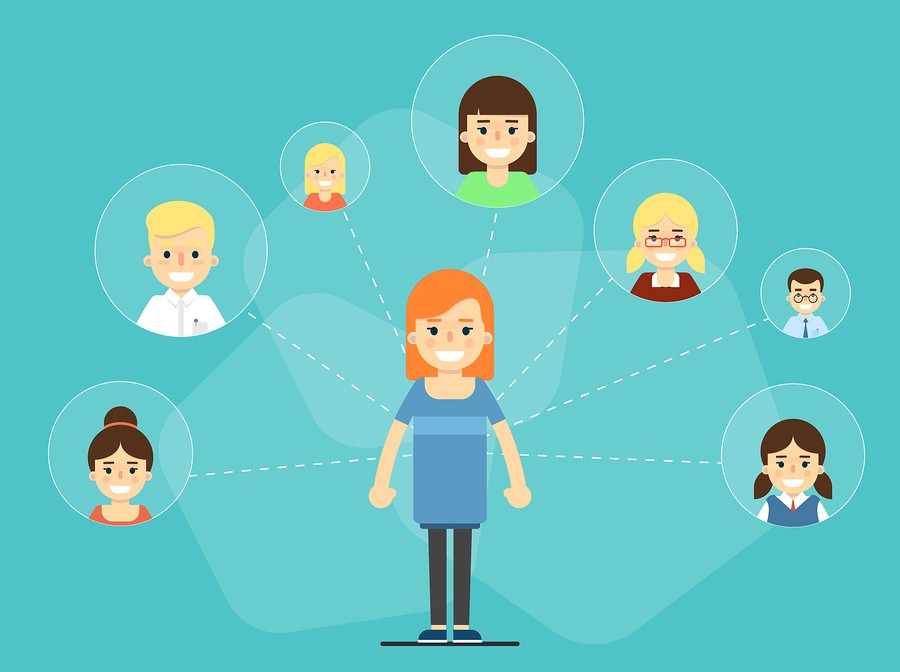
Finding the Most Effective Peer Influencers Using Computer Simulations

Using Social Media To Combat Empty Nest Syndrome
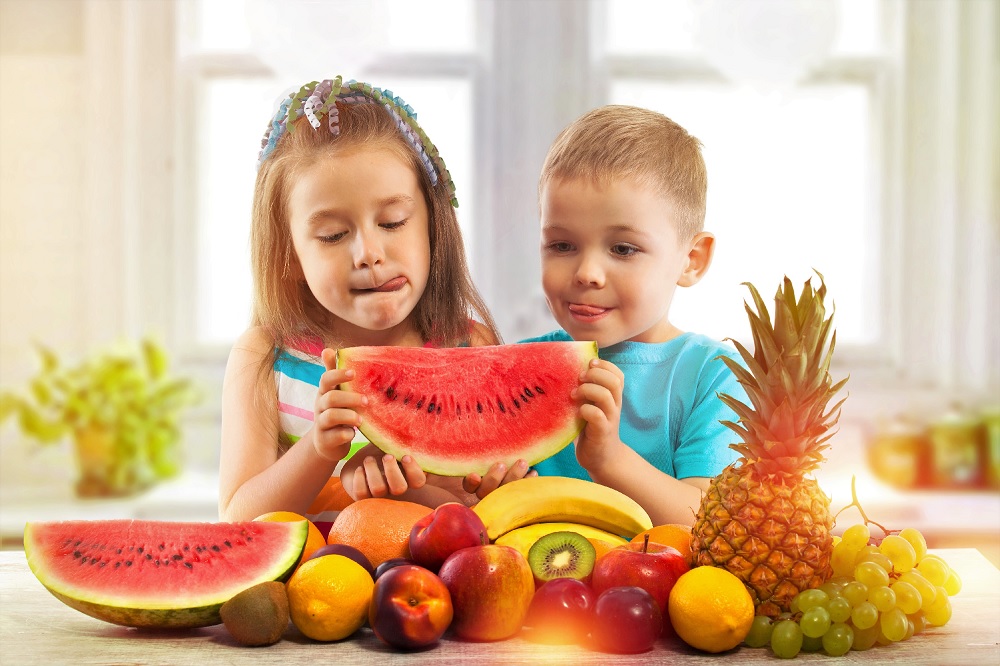
Healthy food porn – Using strategies from the snack world to create healthy cravings

Healthy eating through gaming?
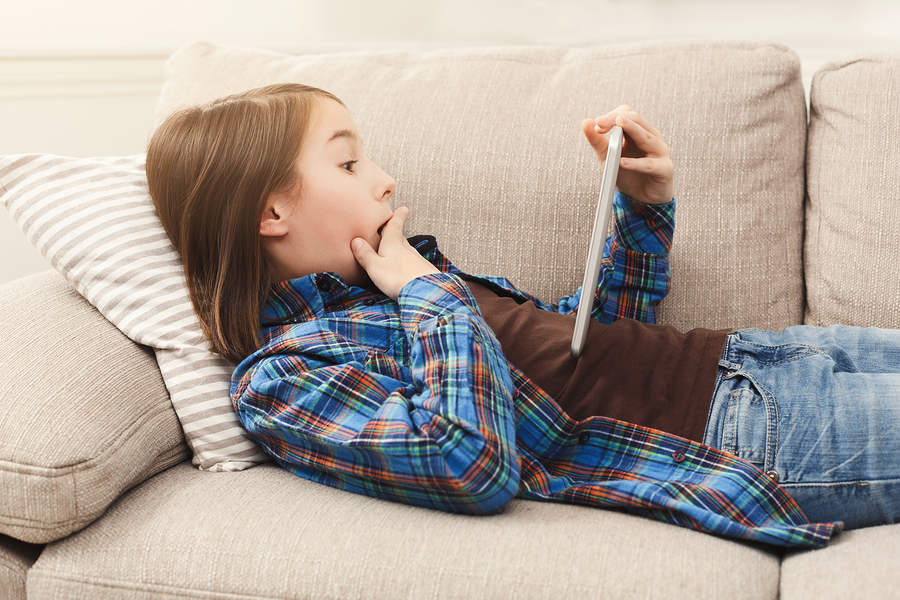
Reporting Negative News to Children: Finding the Balance Between Informing and Shielding

Students Drink Less Alcohol When They Persuade Themselves To Do So

Receiving An SMS Feels Distracting, But Does Not Lead To Worse Performance

Serial Killer Dexter Can Help Discuss Professional Moral Dilemmas

Can a Smartphone App Train Peer Influencers to Promote Physical Activity Among Their Peers?

The Power of Peer Influencers: Influential Children Can Make Classmates Drink More Water

How to Make Negative News Appropriate for Children? Use Constructive Journalism!
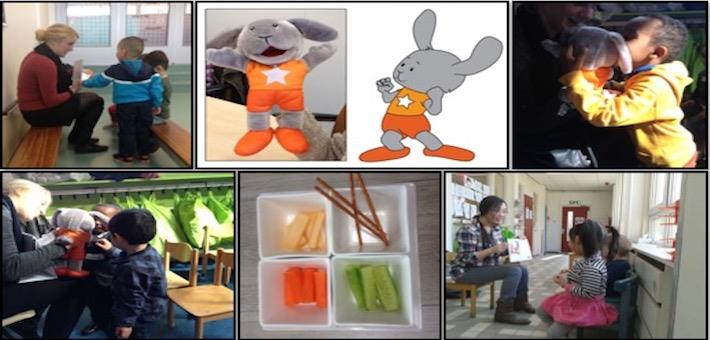
Play With Your Veggies! Adults Can Use Picture Books And Hand Puppets to Improve Toddlers’ Diet

What Determines Teens’ Fruit, Vegetable, and Water Intake?
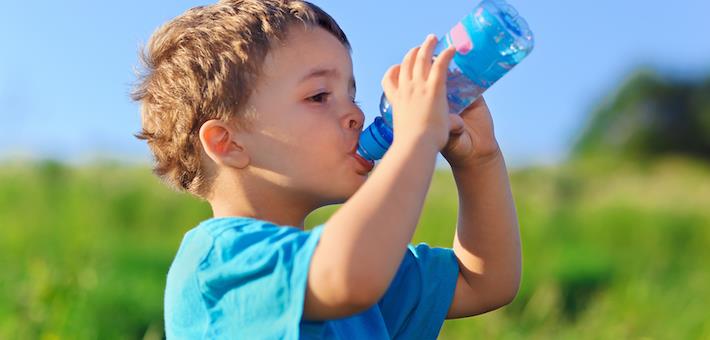
Share H2O: How Peers Can Promote Water Drinking
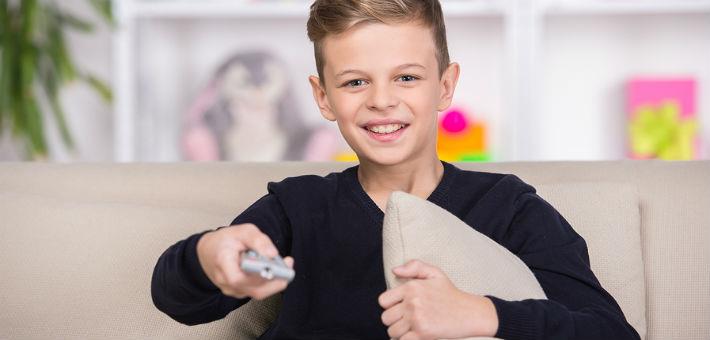
Prosocial TV News Increases Altruism in Children
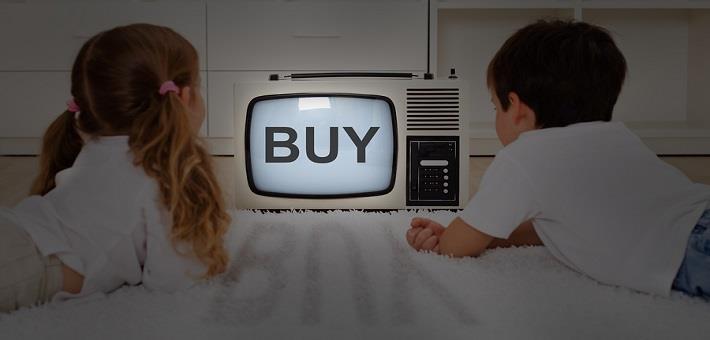
Older Kids Who Understand TV Ads Are Less Susceptible

How Parents can Reduce Negative Feelings Related to Violent News Events

Children’s Difficulties with Grasping Nontraditional Advertising Tactics
